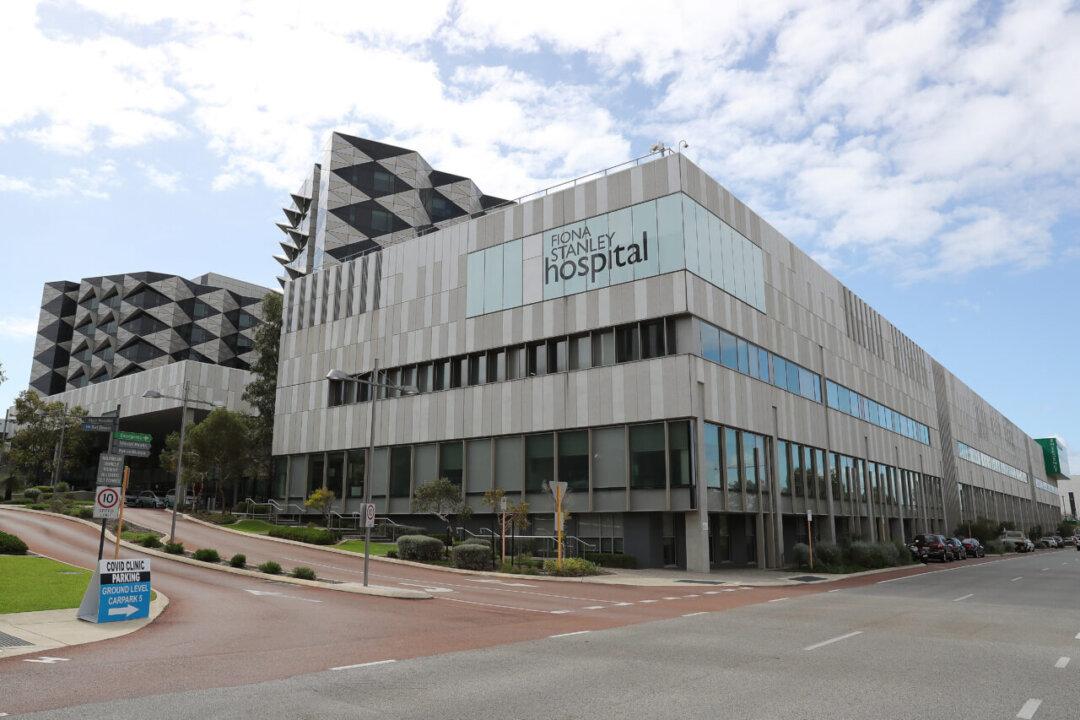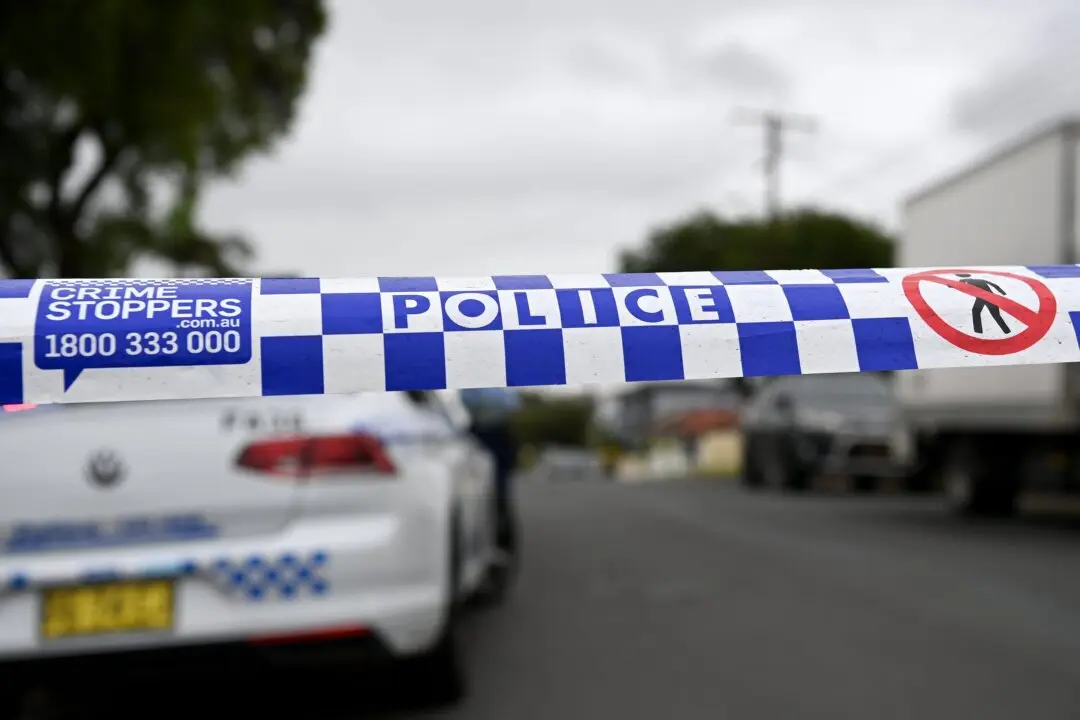Nurses working 24-hour shifts at a major Western Australia (WA) hospital demonstrates the risks facing staff and patients in the public health system amid ongoing staffing pressures, a union says.
Unplanned sick leave and an exceptionally high number of intensive care patients on May 17 forced Perth’s Fiona Stanley Hospital to call for staff to work an overnight shift.





